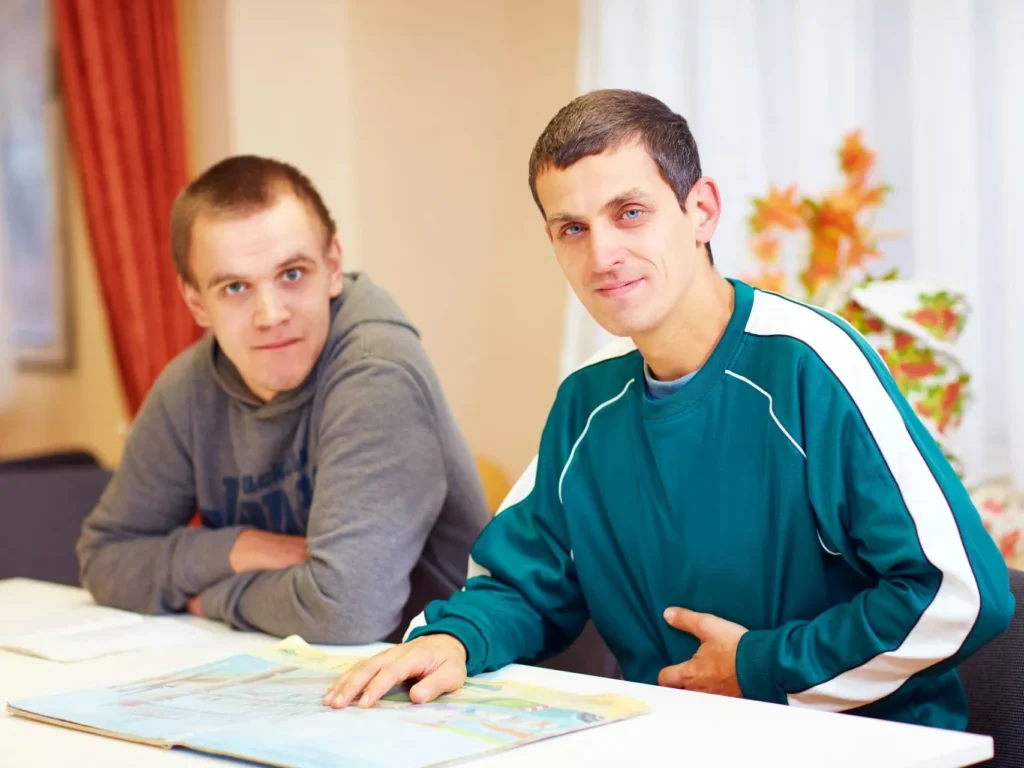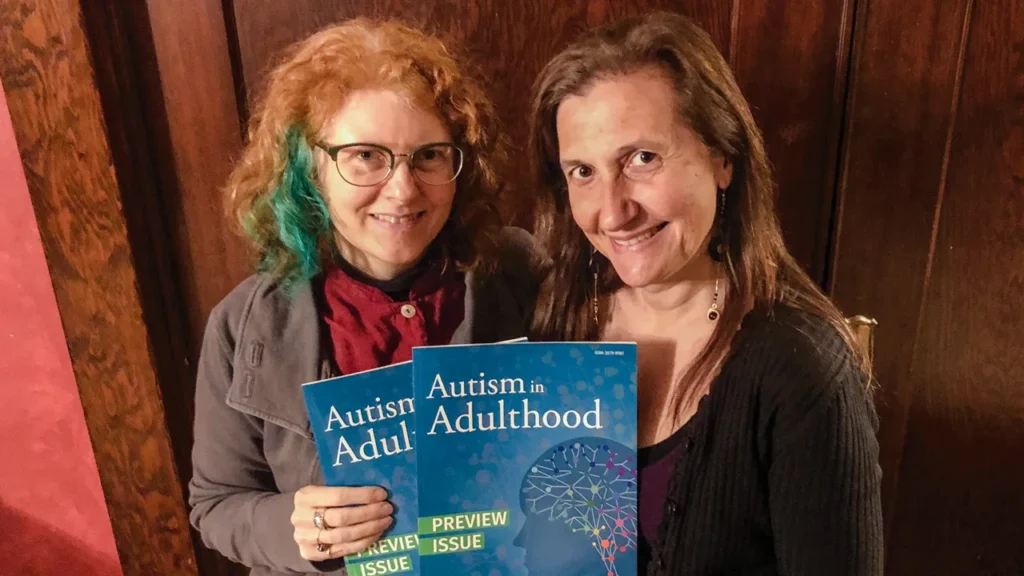Introduction: Understanding Autism in Adulthood
Autism is often associated with children, yet it is a lifelong condition that continues into adulthood. Many adults live with autism, diagnosed or undiagnosed, and their experiences can be very different from those of children. With rising awareness, more people are beginning to understand the importance of recognizing autism in adulthood and the ways it can affect relationships, work, and overall quality of life.
This article provides a complete guide to autism in adulthood — including signs, causes, diagnosis, and strategies for thriving.

- November 2025
- October 2025
- September 2025
- August 2025
- May 2025
- April 2025
- January 2025
- December 2024
- November 2024
- October 2024
- September 2024
- August 2024
- July 2024
- June 2024
- May 2024
- April 2024
- March 2024
- February 2024
What is Autism in Adulthood?
Autism Spectrum Disorder (ASD) is a developmental condition that affects communication, behavior, and social interaction. While symptoms are often identified in childhood, many people are not diagnosed until much later.
For adults, autism may present itself differently, with subtle signs such as difficulty understanding social cues, sensory sensitivities, or challenges in professional environments. Autism in adulthood is not about “developing autism later in life” but about recognizing symptoms that may have been missed earlier.
Signs and Symptoms of Autism in Adults
Adults with autism may experience:
- Difficulty with Social Interaction: Trouble making friends, maintaining conversations, or understanding body language.
- Repetitive Behaviors: Following strict routines or engaging in repetitive movements.
- Specialized Interests: Intense focus on specific subjects or hobbies.
- Sensory Differences: Sensitivity to lights, sounds, or textures.
- Communication Challenges: Difficulty expressing emotions, using sarcasm, or interpreting jokes.
These signs can vary widely, making autism in adulthood a spectrum of experiences.
Why Autism Often Goes Undiagnosed Until Adulthood
There are several reasons why autism may not be diagnosed until later in life:
- Milder Symptoms: Some adults have less noticeable symptoms.
- Masking: Many learn to “mask” their traits by copying social behaviors.
- Lack of Awareness: In the past, autism was less understood, especially in women.
- Misdiagnosis: Adults may be misdiagnosed with anxiety, depression, or ADHD instead.
Can Autism Develop in Adulthood?
The short answer: No, autism does not develop in adulthood. Autism is a neurodevelopmental condition present from birth. However, many people recognize it only later in life, when challenges become more noticeable in work, relationships, or social situations.
So while autism doesn’t start in adulthood, awareness, diagnosis, and support can begin at any age.
Diagnosis of Autism in Adults
Getting an adult autism diagnosis involves:
- Clinical Interviews: Assessing history and current behavior.
- Screening Tools: Questionnaires and tests designed for adults.
- Observation: Evaluating social interaction, communication, and patterns.
An accurate diagnosis can be life-changing, helping individuals better understand themselves and access the right support.

Living with Autism in Adulthood
1. Relationships and Social Life
Adults with autism may struggle with dating, friendships, or workplace relationships. Understanding and acceptance are key to building meaningful connections.
2. Employment Challenges
Work environments can be stressful due to sensory overload or social dynamics. Many adults with autism thrive in structured roles that match their skills and interests.
3. Mental Health Considerations
Depression, anxiety, and stress are more common in adults with autism, especially if they lack proper support.
4. Strengths of Adults with Autism
- Strong attention to detail
- Unique problem-solving skills
- Creative thinking
- Dedication and loyalty
Treatment and Support for Autism in Adulthood
While autism itself cannot be “cured,” support strategies help adults live fulfilling lives:
- Therapy: Cognitive-behavioral therapy (CBT) and occupational therapy.
- Social Skills Training: Building confidence in interactions.
- Workplace Support: Adjustments like flexible schedules or quiet spaces.
- Community Support: Autism groups and online communities for connection.
- Lifestyle Management: Balanced diet, stress management, and regular exercise.
Autism in Adulthood: Success Stories
Many adults with autism live highly successful lives. From tech innovators to artists, their unique perspectives enrich society. Increased awareness and support systems ensure that adults on the spectrum can achieve their dreams.
Common Myths About Autism in Adulthood
- Myth 1: Adults cannot have autism.
- Truth: Autism is lifelong and may only be diagnosed later.
- Myth 2: Autism is a disease.
- Truth: It is a neurodevelopmental condition, not an illness.
- Myth 3: People with autism cannot succeed.
- Truth: With support, adults with autism can excel in various fields.
The Future of Autism Awareness
Growing awareness ensures more adults get the help they need. Employers, healthcare providers, and families are now better equipped to recognize and support autism in adulthood. This progress creates an inclusive environment where everyone can thrive.
Conclusion: Embracing Autism in Adulthood
Autism is not something that “develops” in adulthood — it is a lifelong condition. However, many people only recognize it later in life. With the right diagnosis, understanding, and support, adults with autism can build successful, fulfilling lives.
Remember: autism in adulthood is not about limitation — it’s about unlocking potential. With awareness and acceptance, millions can continue to grow better every day.







